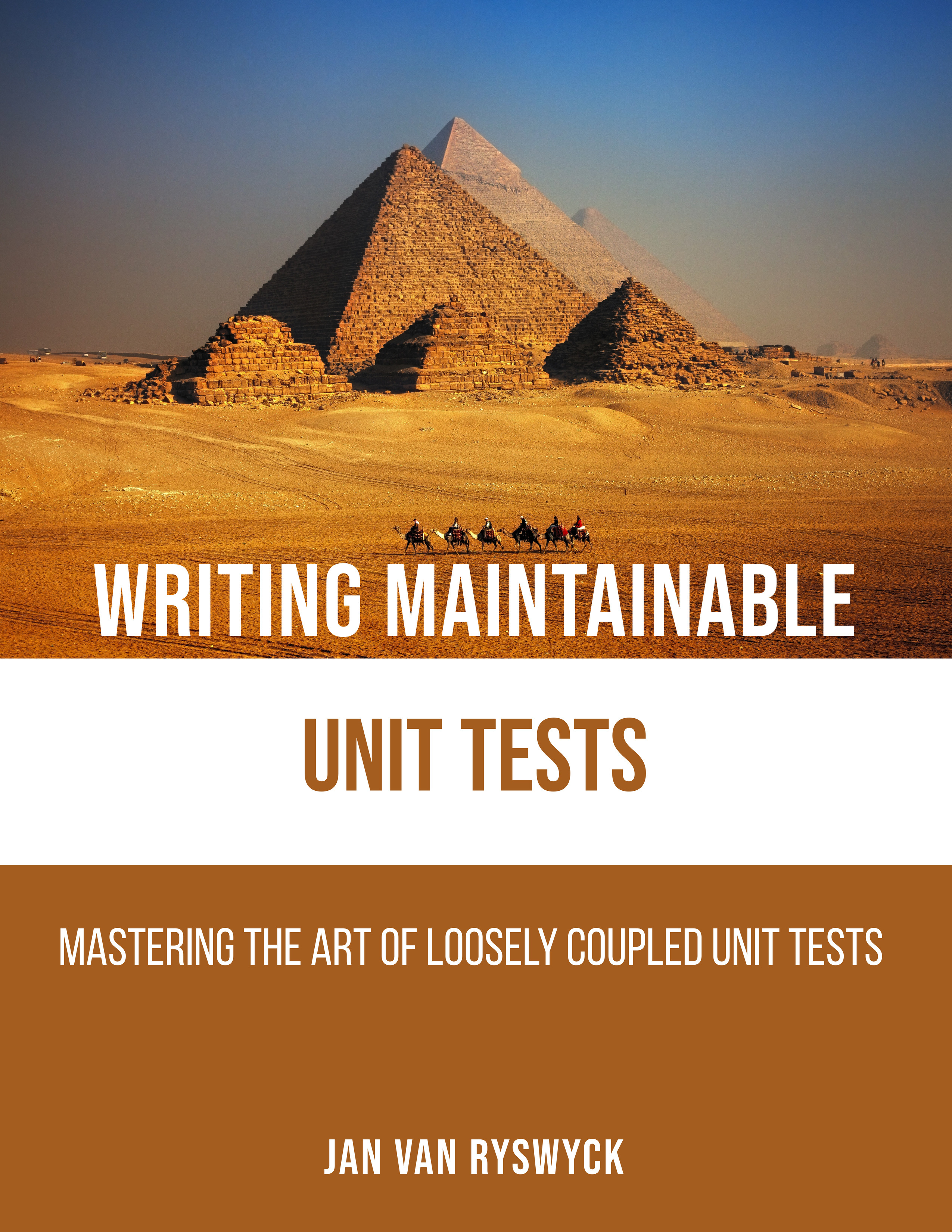Just before I recently decided to turn a new page in my professional career, I came across this book called The Nomadic Developer: Surviving and Thriving in the World of Technology Consulting. Before I made up my mind about being a consultant, I purchased this book and read a few parts of it (specifically chapter five “What You Need To Ask Before You Join a Technology Consulting Firm” and chapter ten “Is Consulting Right for You?”). I recently read the book from cover to cover in order to find out more about what it means to work for a consulting company. So far, I’ve only been working as an in-house developer for companies that aren’t in the software business itself. This basically means that I’ve been working to support and find solutions for the core business of the company, where software is just a means to an end. Companies tend to value the people that bring in the most revenue. In a lot of cases, an in-house developer is usually seen as a cost instead of someone who brings in revenue.
As a consultant working for a technology company, software is the core business which is a slightly different ball game compared to being an in-house developer. I use the word ‘slightly’ here because as a consultant, there’s a high chance you’ll probably end up developing software to support businesses of other companies that aren’t also in the technology business. But still, I think that working for a company that makes money in your own field of expertise is a good place to be.
Anyway, this book is targeted towards helping consultants (or future consultants like myself) to understand the economics of the technology industry. It’s filled with great advice for all folks that are new in the IT industry, coming from college or otherwise. But for more seasoned developers, there are some great nuggets in there as well. Although the book is mainly focused towards consultants, lots of the advice in the book is also applicable to in-house developers.
Take a look at the twelve chapters to get a quick glimpse of the content. The wisdom collected here is drawn from the author’s own experience as well as from others that contributed content to the book like Jason Bock, Michael Hugos, Derik Whittacker, Chris G. Williams, … etc. The content of the book is interspersed with annotations and anecdotes of the contributors which makes it highly interesting and fun to read. The last chapter is an enumeration of essays from the contributors. These essays all promote doing community work in one way or another like working on open-source projects, writing books, organizing user group meetings, etc for gaining more visibility as a consultant. While I’m certainly highly in favor of doing these things, doing them just for your own advancement or sales purposes is definitely the wrong reason. In my opinion, the author could have done a better job to warn the reader that contributing to a community only for visibility reasons isn’t the right perspective for doing these kind of things as it tends to do more harm than good and probably won’t last either. Again, putting out advice to do community work in order to gain visibility is one thing, warning about the dark side of the coin couldn’t hurt either.
So if you are working as a consultant or thinking about becoming one, just pick up this book and give it read. It’s also available in audio format if you fancy that. I learned a couple of things from this book and probably so will you.


